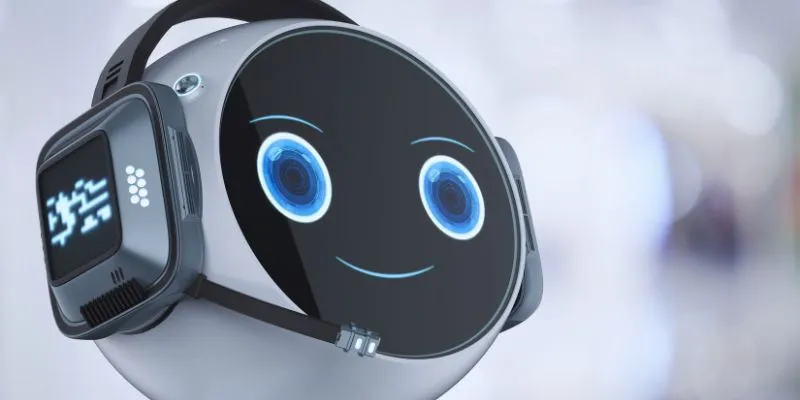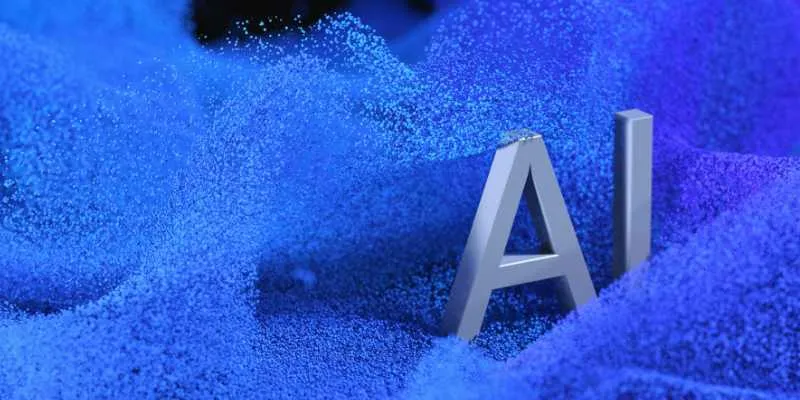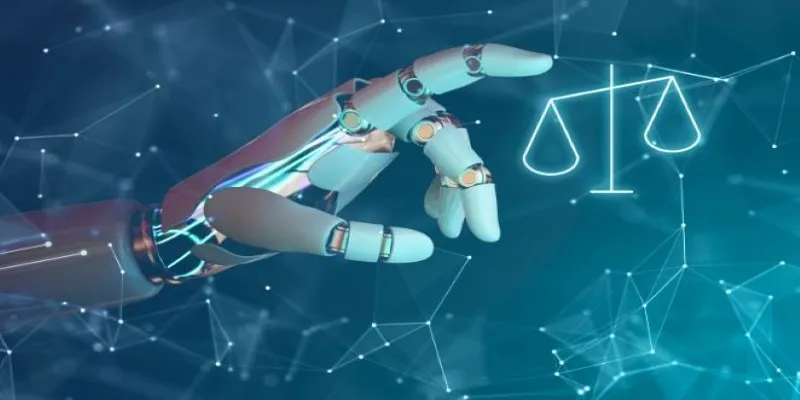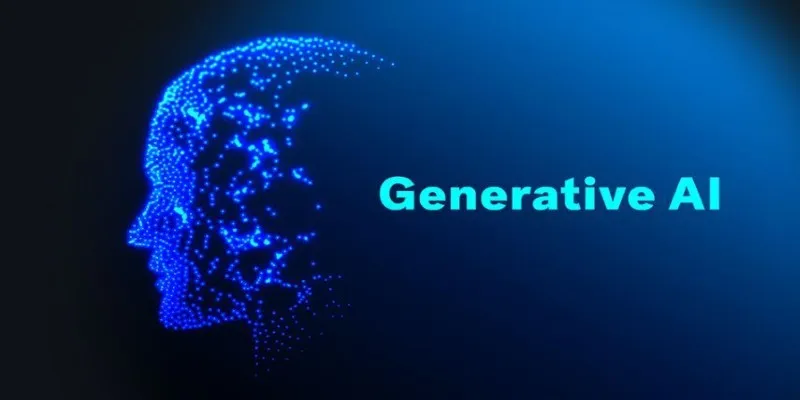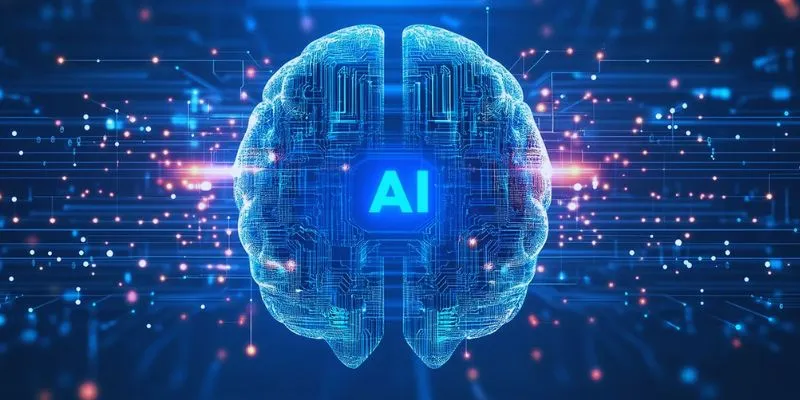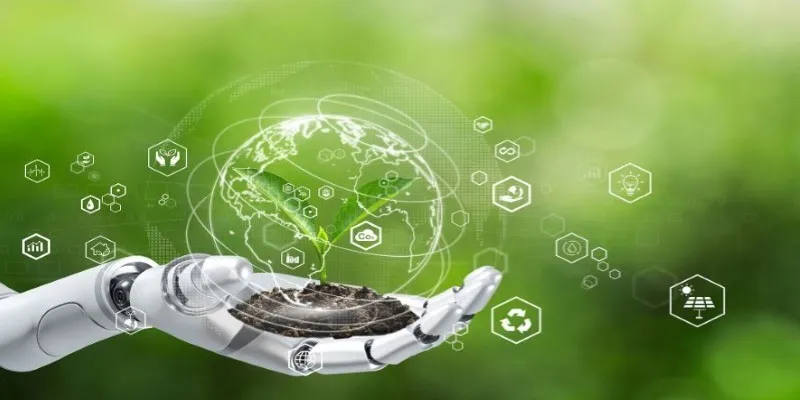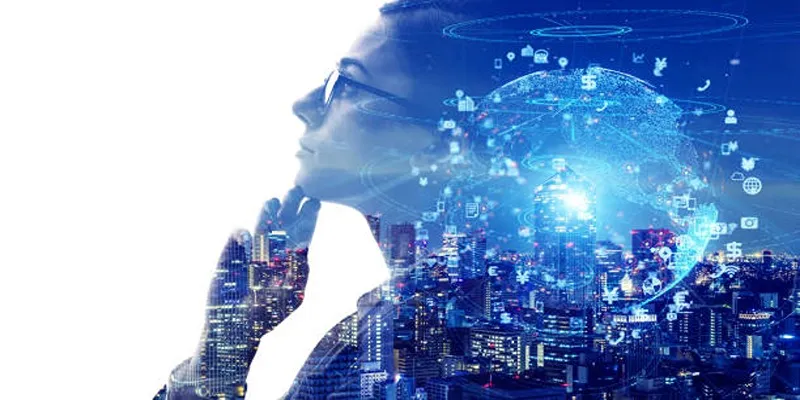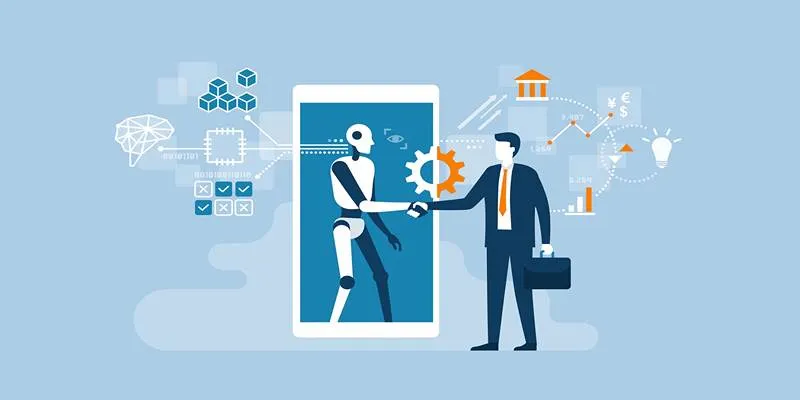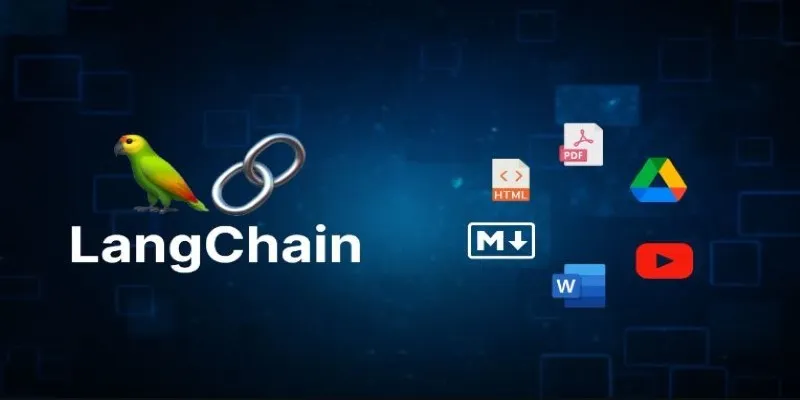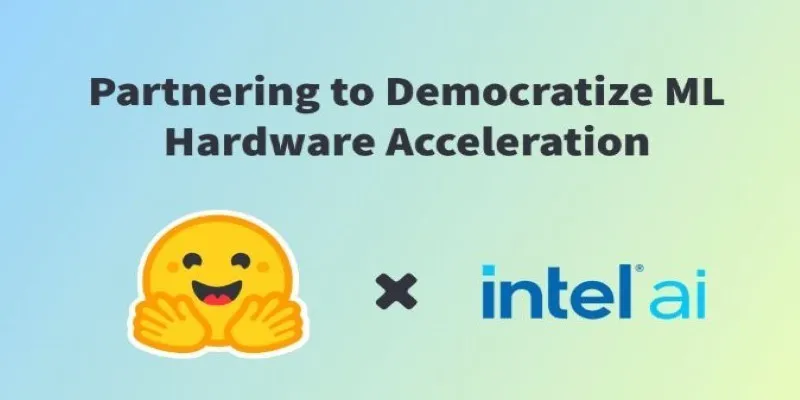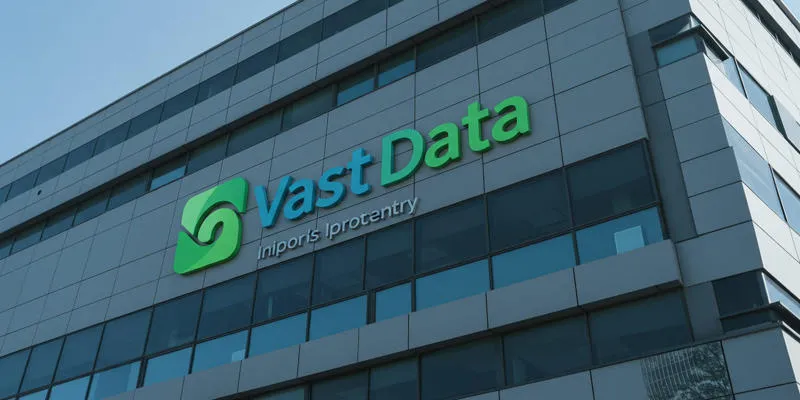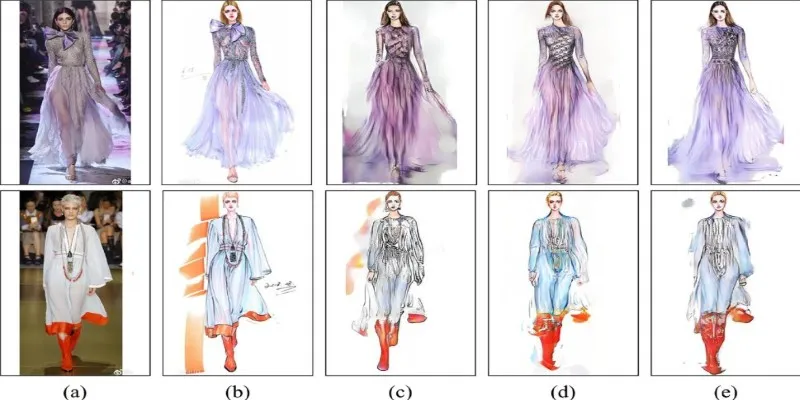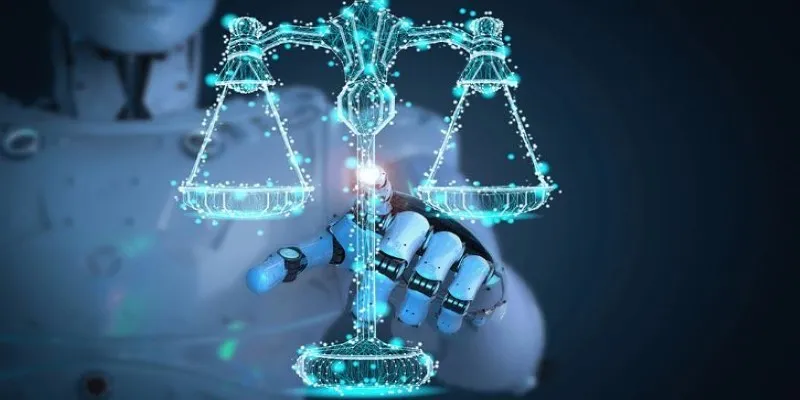Advertisements are often perceived as tedious, with many people disliking them. However, what if ads were tailored specifically for you? This possibility is becoming a reality due to the rise of AI in digital advertising. AI has evolved from a mere tool to an essential strategy for businesses to engage with potential customers in an interactive and engaging manner.
Currently, AI assists marketers in understanding customer preferences and making informed decisions by analyzing trends and user behavior. The role of AI in marketing is set to expand significantly as we approach 2025 and beyond. In this article, we will explore the future of AI in digital advertising. If you’re interested in the future of AI in this field, read on!
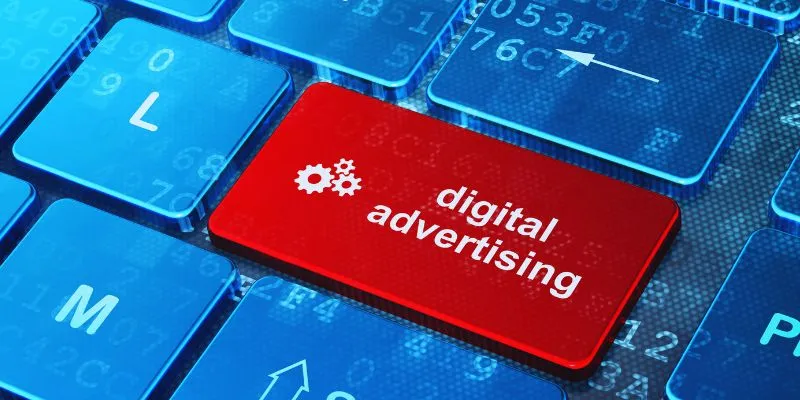
AI Advertising Trends and Projections for 2025 and Beyond
The future of AI in advertising will be driven by significant advancements in automation, personalization, and decision-making. Here are the key trends to watch by 2025:
AI Automation Is on the Rise
One of the most significant trends for 2025 is the increased use of AI to automate routine tasks. Experts predict that AI chatbots will handle up to 85% of customer service interactions. This will lead to faster response times and improved service quality, as AI can quickly and accurately address common issues. For instance, Photobucket utilizes Zendesk bots to answer frequently asked questions, resulting in a 14% faster response time and a 3% increase in customer satisfaction scores. Similarly, LEAFIO offers an AI-based inventory solution that helps retail businesses manage stock more efficiently, predicting item needs and reducing manual labor.
Personalization Will Reach New Heights
By 2025 and beyond, AI-driven personalization in advertising will become even more sophisticated. Businesses can leverage AI to analyze customer behavior, interests, and preferences, allowing them to create marketing messages and offers that are more relevant to each individual. Suggestions, emails, and ads will be tailored to meet personal needs and desires, enhancing customer experiences and satisfaction. Tools like Jasper.ai already use AI to craft personalized content, from blog posts to emails, that resonates with target audiences. As AI technology advances, the level of personalization will continue to improve.
AI Will Enhance Decision-Making Processes
In the near future, particularly by 2025, AI will become integral to business decision-making. Companies will increasingly rely on AI tools to analyze vast datasets and provide valuable insights. AI will optimize various aspects of business operations, including financial planning, inventory control, and customer service. By utilizing AI, businesses can minimize advertising errors, reduce costs, and enhance efficiency. ClickUp AI, for instance, helps teams interpret data through clear visuals, forecasts, and automated reports, enabling quicker and more informed decision-making. While AI won’t replace human intuition, it will complement it by offering data-driven recommendations, helping businesses stay competitive and agile.
Generative AI Will Revolutionize Content Creation
By 2025, generative AI will transform the creation of marketing content. Advanced AI tools, such as OpenAI’s GPT-4 and future models, will swiftly generate high-quality written text, images, and videos. These tools will empower marketers to produce engaging and customized content that aligns with their brand’s voice and connects with audiences effectively. Generative AI can assimilate a company’s tone and adapt to customer preferences, streamlining the production of personalized and relevant content while saving time and resources compared to traditional methods.
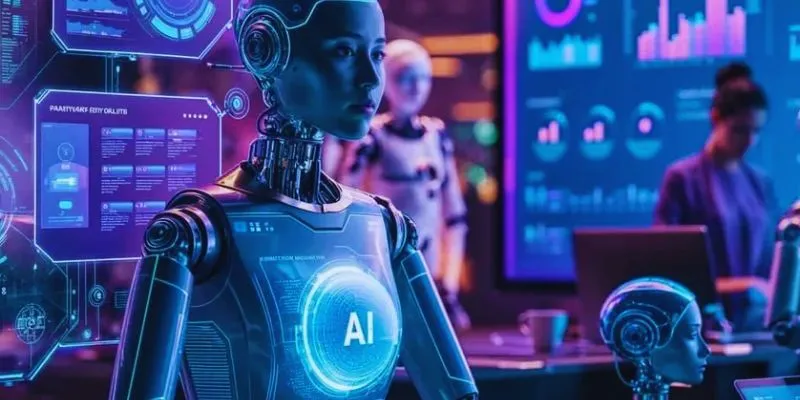
AI Will Elevate Programmatic Advertising
By 2025, AI will revolutionize programmatic advertising. This technology automates the buying and placement of online ads. With AI, this process will become more intelligent, faster, and efficient. AI systems will analyze vast amounts of data in real-time to determine the optimal time, platform, and audience for each ad. This means businesses can deliver the right message to the right people at the right moment, improving ad performance and maximizing return on investment. AI will also enable real-time adjustments to ad content and targeting, making campaigns more responsive to user behavior. Companies like Google and The Trade Desk are leading the charge in developing advanced AI tools that enhance the effectiveness of programmatic advertising.
AI and Augmented Reality Will Transform Marketing
The integration of AI and augmented reality (AR) is an emerging trend that will significantly reshape marketing. When AI is combined with AR, it creates more immersive and interactive customer experiences. People can explore products in engaging and realistic ways, fostering stronger connections with brands. By 2025, AI will make AR experiences more personalized and adaptable, adjusting in real-time based on user preferences, habits, and behaviors. This means each user can enjoy a unique, customized experience. Major companies like Snap Inc. and Shopify are already experimenting with AI-AR integration in marketing, using advanced tools to captivate customers by making shopping and product exploration more exciting and rewarding.
Conclusion
The future of AI in digital advertising is promising. AI enhances efficiency and effectiveness through personalized advertising, informed decision-making, rapid content creation, and optimized ad placements. As technology continues to evolve, marketers will have new and innovative ways to connect with their audiences. By 2025, AI will not merely be a useful tool but a central player in shaping marketing strategies. Businesses that embrace these changes early will gain a competitive advantage.
 zfn9
zfn9

